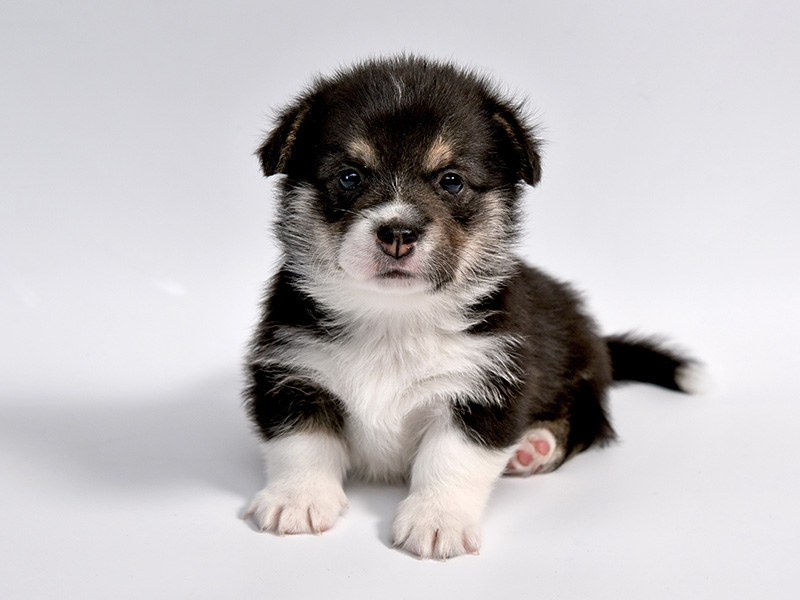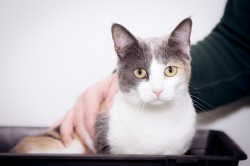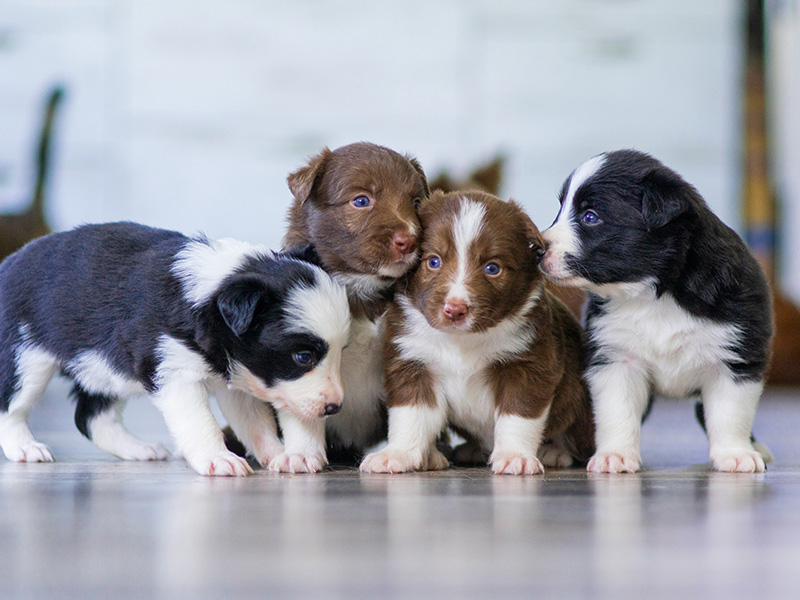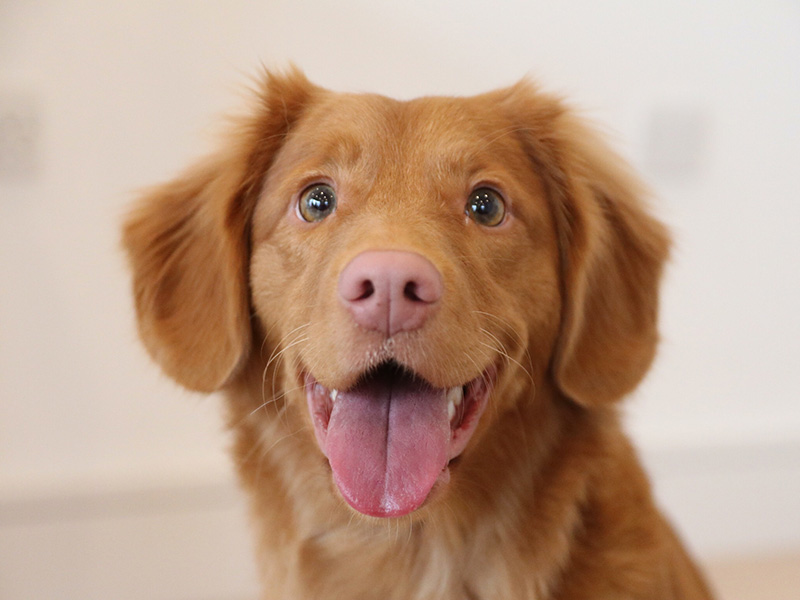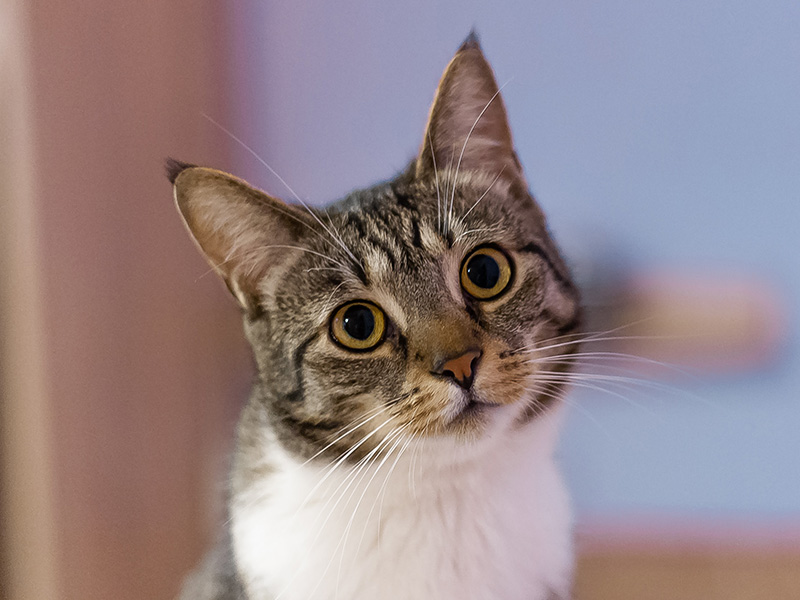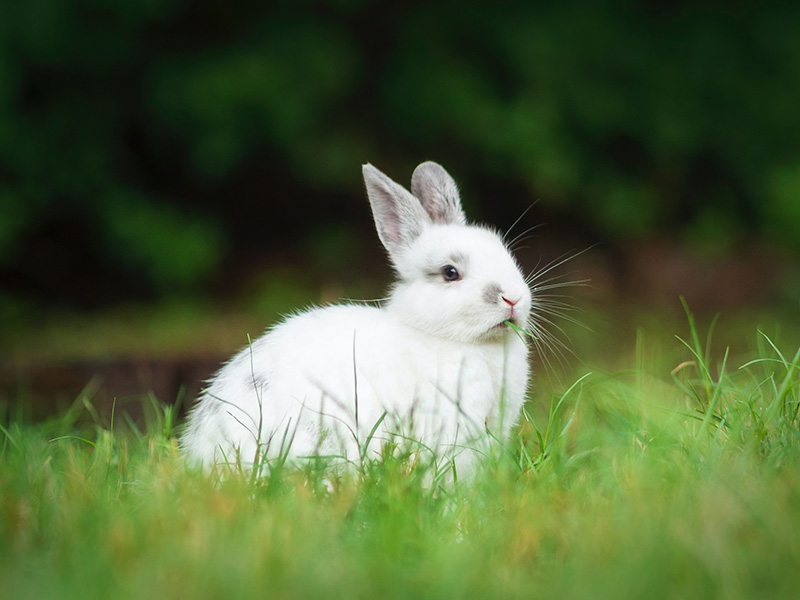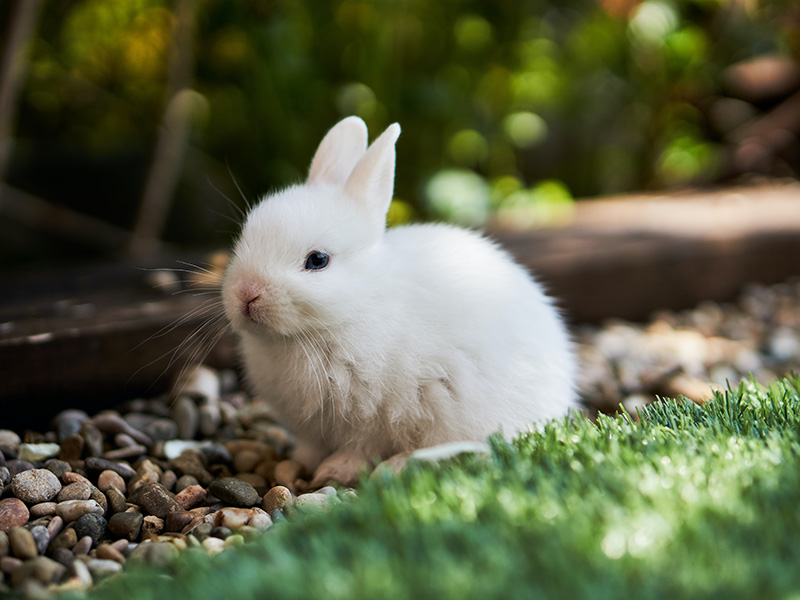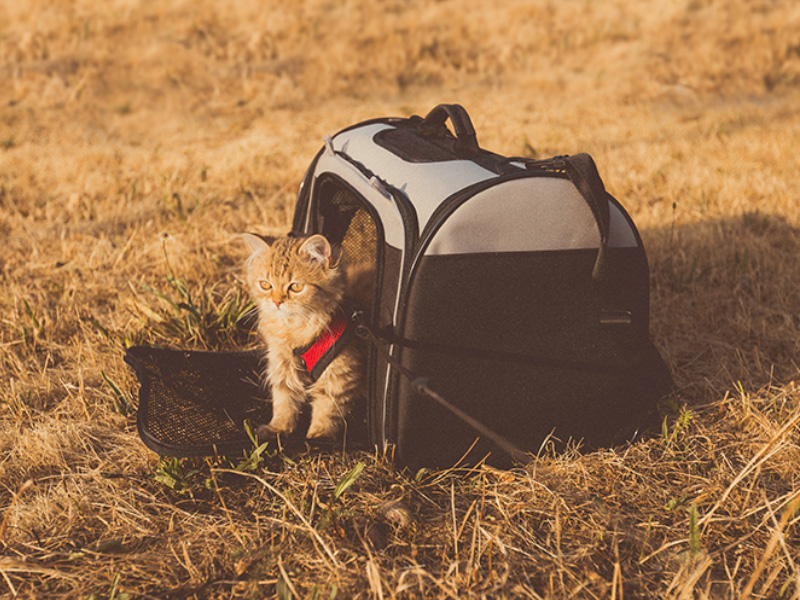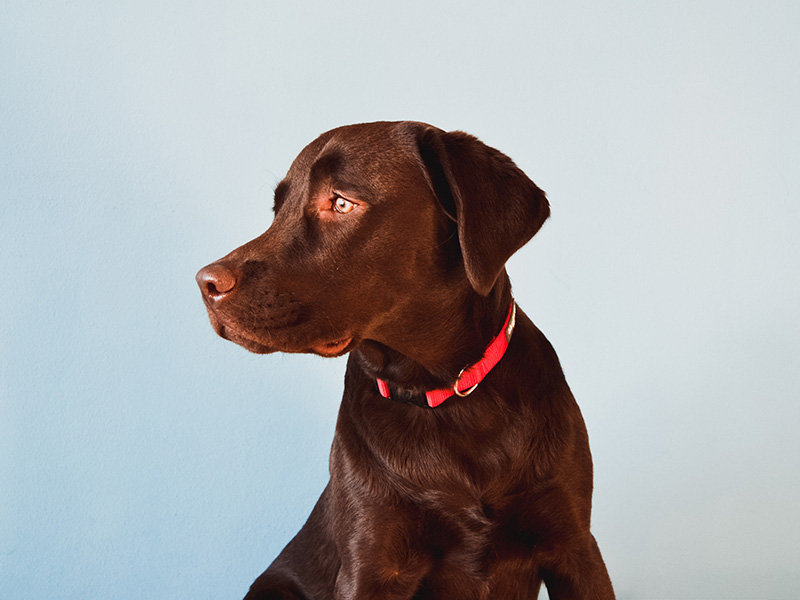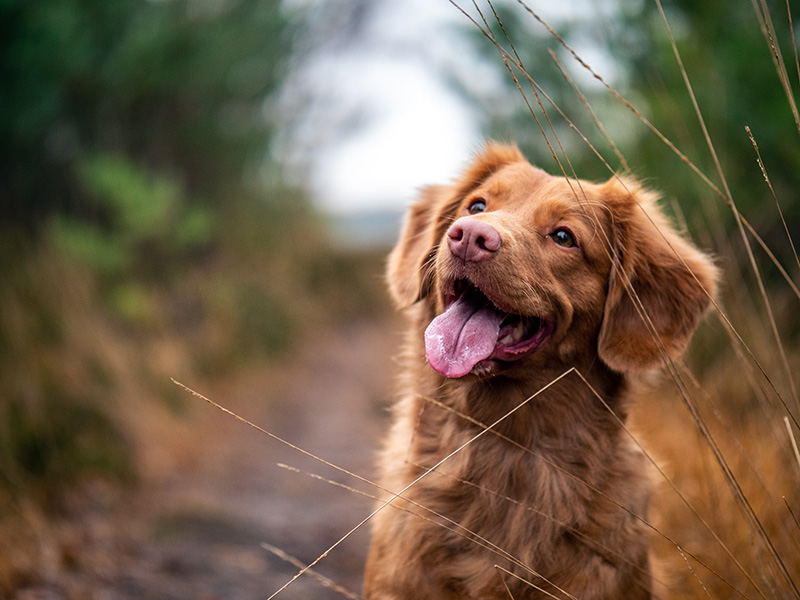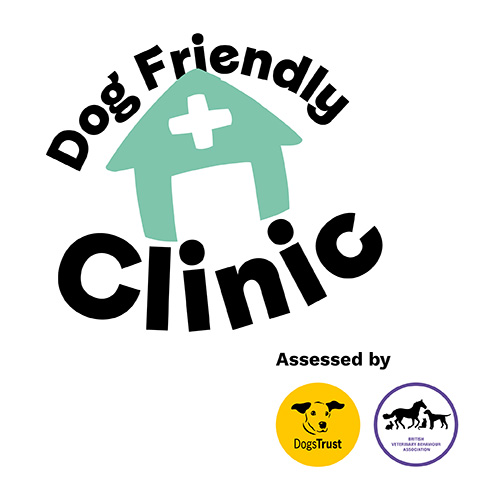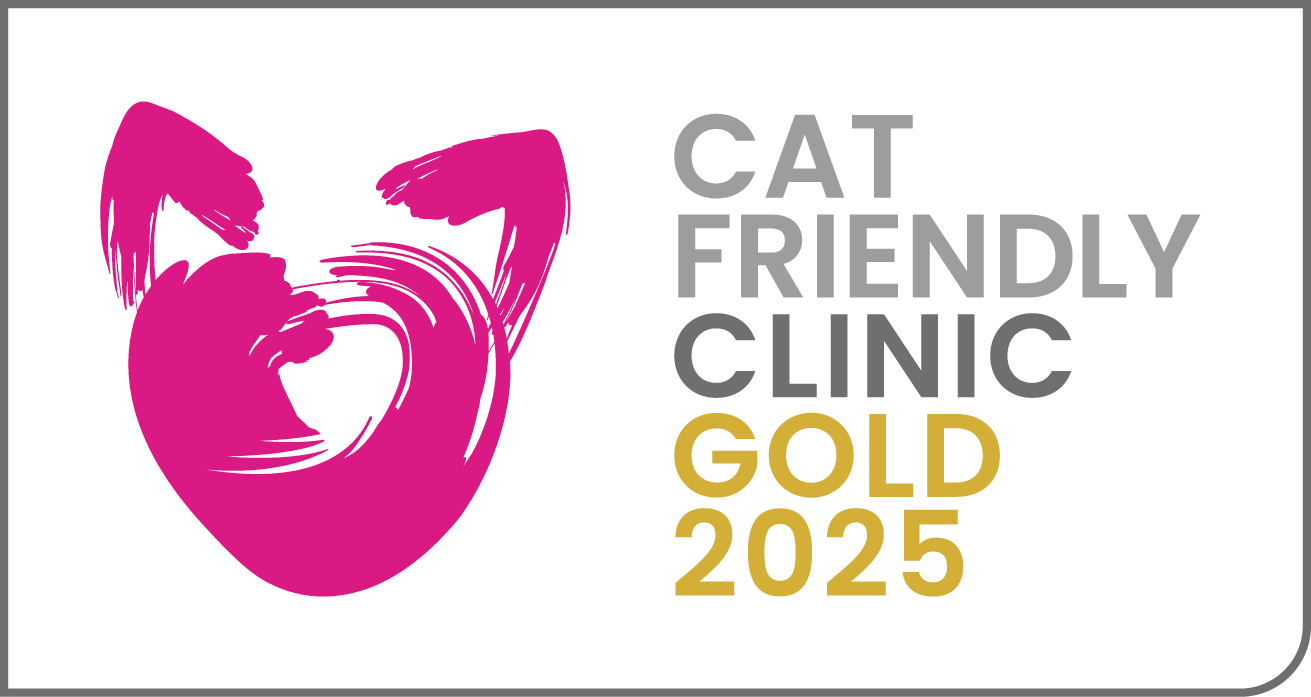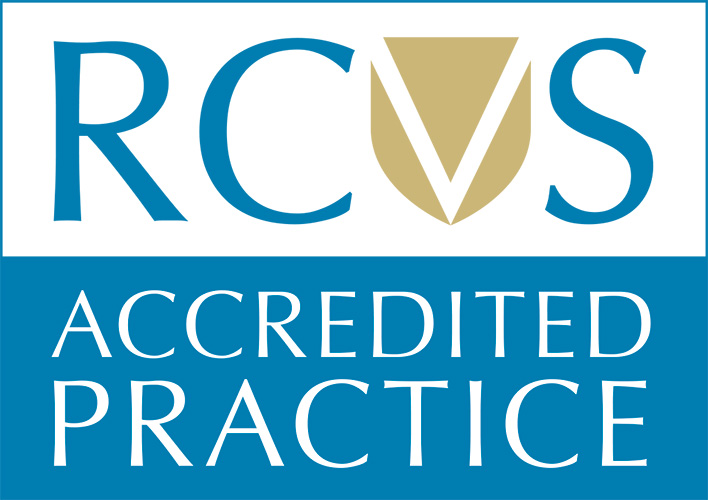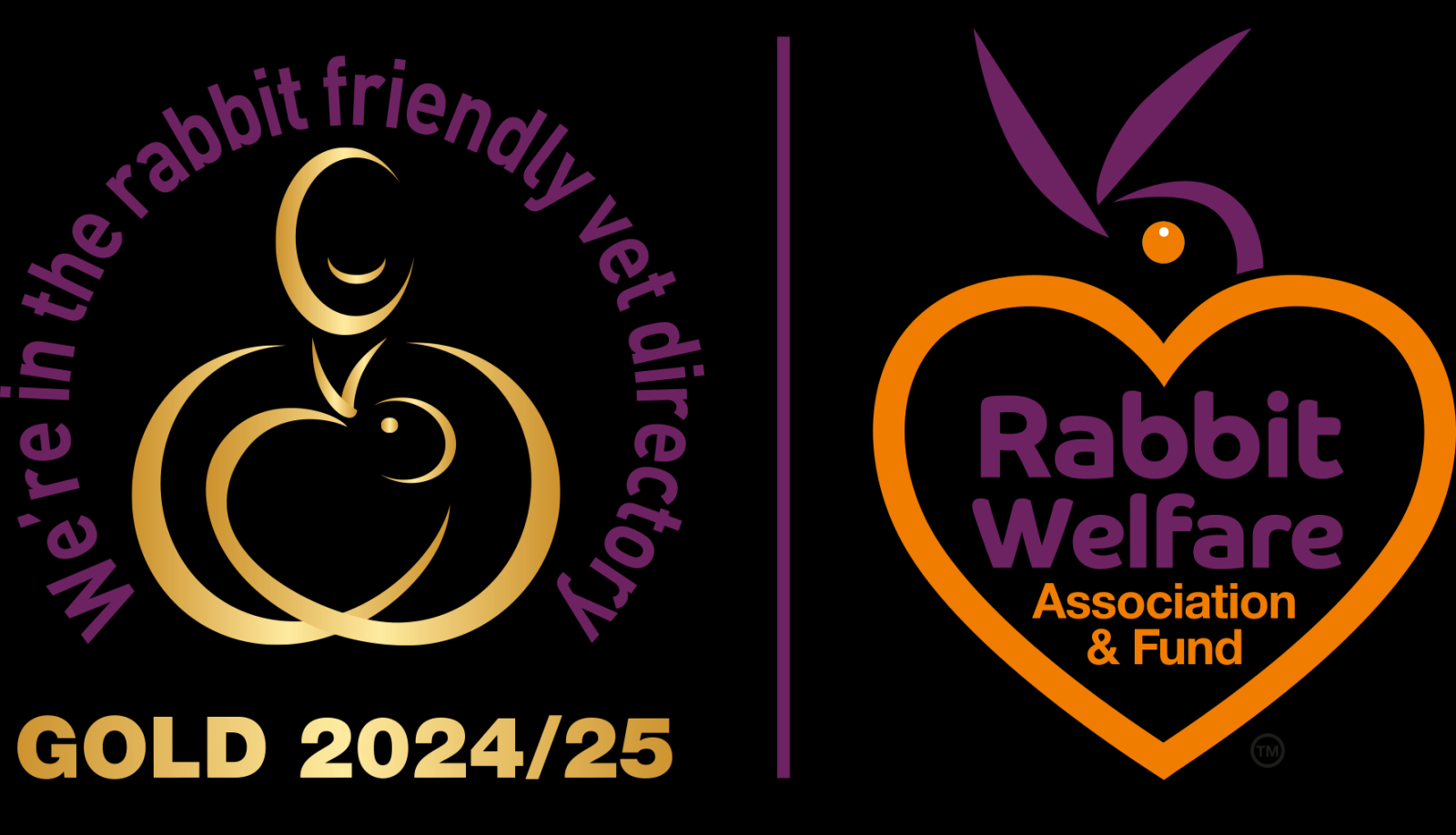Keeping A Pet Rabbit
Take the following steps to make sure that your pet is safe and healthy this festive season.
Rabbits can make great pets but they do require a lot of time and attention to stay happy and healthy. Here is a summary of the essential care your pet rabbit should receive.
Company
Rabbits are social animals and should be kept in pairs or groups. The ideal pairing would be a neutered male and female, but two neutered males or two un-neutered females can work too. It is possible to introduce a new partner to a rabbit currently living alone but this must be done carefully and gradually – speak to your veterinary practice or local rabbit charity for advice.
Accommodation
Rabbits need somewhere warm and dry to sleep but they also need plenty of space to exercise and stretch out. Large hutches, converted sheds and large outdoor runs with plenty of hiding spaces and tunnels are ideal. Indoor rabbits often benefit from plenty of space but care must be taken to block access to anything dangerous, particularly electrical cables which they love to chew!
Feeding
75% of your rabbit’s diet should be good quality hay, with some good quality all-in-one pellets and fresh vegetables making up the remainder.
Vaccinations
In the UK rabbits are at risk from three viruses: myxomatosis and Viral Haemorrhagic Disease (VHD) variants 1 and 2. Vaccination against myxomatosis and VHD1 should be given once a year, and against VHD2 every 9 months, even for indoor rabbits.
Fly strike prevention
In warm weather, flies may lay their eggs on rabbits, usually around the bottom area. These can hatch out into maggots which can burrow into the skin of the rabbit. Rabbits with dirty or wet bottoms are most at risk. Seek veterinary advice if your rabbit’s bottom is difficult to keep dry and clean; check bottoms twice a day in warm weather; and consider the use of fly mesh or fly papers to control flies. Preventative medication can be rubbed into rabbits’ fur every 10 weeks during the fly season to prevent maggots from hatching – ask your vet for details.
-
Previous
-
Next
